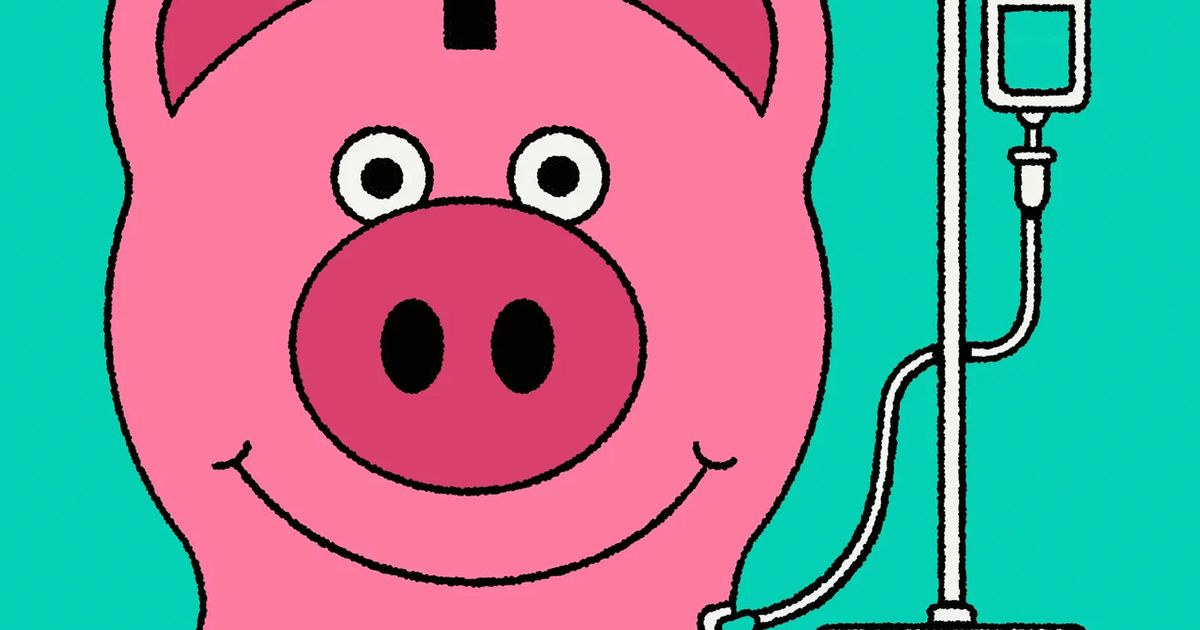How Can I Lose Weight?

Table of Contents
Losing weight is very challenging for most people. Shedding pounds is a lot less fun than gaining weight, that’s for sure. It’s not too hard to eat a bunch of delicious, sugary foods for weeks, months, or years. Cutting weight is certainly more challenging than gaining.
Effectively losing weight can happen in several ways. People usually see the most success in losing weight by lowering how much they eat. When you consume fewer calories than you expend, your body burns away excess fat and loses weight.
Other times, people lose weight by changing their lifestyles. Increasing outdoor exercise or joining a gym, for example, can increase how many calories you burn in an average day. In addition, changing your lifestyle and dealing with any medical issues can speed up the rate at which you lose weight.
Finally, sometimes switching up the foods you eat can cause weight loss. When people stop eating as many carbohydrates, sugars, and unhealthy fats, they tend to eat fewer calories and feel full for longer.
Let’s take a look at how you can lose weight and where to start. The more you understand your relationship with food and how you’re living, the better you can change and see the weight come off.
Losing Weight Takes Time
People struggle with weight loss because they typically expect fast results when long-term weight loss takes time. However, if you’re losing any amount of weight, your body needs time to adjust to your new normal.
If you’ve been overweight for years, for instance, your body will struggle with something like a starvation diet. The shock of rapid changes causes your body to cling to the calories it has stored as fat. The numbers will stubbornly stay the same on your scale, making it easier to feel discouraged and quit.
When you want to lose weight and keep it off, a better approach involves slow and steady changes. People who lose smaller amounts of weight incrementally typically keep the weight off. We all have friends who found success for a few months on a fad diet, only to gain it all back when cravings for ice cream or whatever else they wanted to eat became too much to handle.
A consistent approach is required for effective weight loss. Don’t expect things to happen overnight. But, eventually, you’ll get where you want to be.
Examining Your Food Choices
Ultimately, most of your weight loss will come down to how much food you’re eating and the types of food you put into your body.
You can’t lose weight if you’re eating more food than you’re burning. So if you want to eat more, then you need to find ways to put those calories to use.
Now, it’s easy to say to someone that they should simply eat less. A better strategy, however, is to slowly cut things out of your diet, so you don’t experience major loss when it comes to food. Small changes to your diet will prevent frustration and binges.
Do things like buying smaller bowls or plates to eat your meals on. Instead of skipping meals, have a meal replacement bar only. Rather than immediately cutting out all carbs, half your portions and slowly reduce them until you’re eating fewer altogether.
First, do your best to reduce your total caloric intake. Then, focus on sugars and bad carbohydrates and eliminate them from your diet as much as you can. Do the following:
- Stop drinking sodas or sugary drinks
- Cook meals at home using fresh ingredients
- Reduce alcohol consumption
- Set a cutoff time where you’re done eating food for the night (avoid snacking)
- Drink a gallon of water each day
By following these guidelines and slowly reducing how much food you’re eating, you’ll train your body that it doesn’t need all of those calories that you’re not using every day. As a result, you’ll also feel better about yourself and have more energy.
Feeling Satisfied
Most people feel miserable when they’re dieting. That’s no way to change your behavior around food long-term. You have to find ways to eat food that tastes great and makes you feel full if you want to stick to a diet.
Increasing your protein intake is a great way to feel full for longer. People find that when they eat meats, eggs, beans, and other high-protein foods, they tend to snack less and stick to their dieting plan.
Dealing with Insulin Sensitivity
Some folks seem like they can eat whatever they want without gaining weight. Other people can gain five pounds after a fun weekend. Insulin sensitivity and the way your body processes sugars have an impact on whether you can lose weight at the pace you desire.
Tirzepatide is shown in research to help with improved glucose handling and leads to overall decreases in food intake according to the studies done on mice. As a result, test subjects who received Tirzepatide over a six-month period saw substantial weight loss. Tirzepatide is a peptide, or a short chain of amino acids, that triggers specific responses in the body. It works by impacting adiponectin signaling directly in adipose tissue that reduces hunger levels by controlling certain brain signaling.








